Consumer Sentiment Crashes Back Down Toward Four Decade Lows
Excluding this summer, this is the lowest level for Consumer Sentiment in more than forty years.
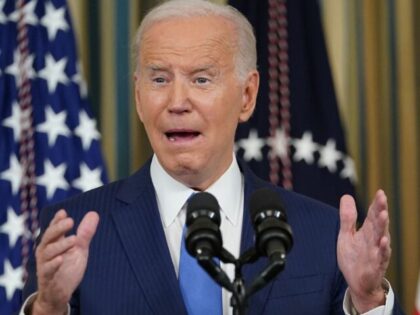
Excluding this summer, this is the lowest level for Consumer Sentiment in more than forty years.

Most Americans expect Republican majorities in the House and Senate.
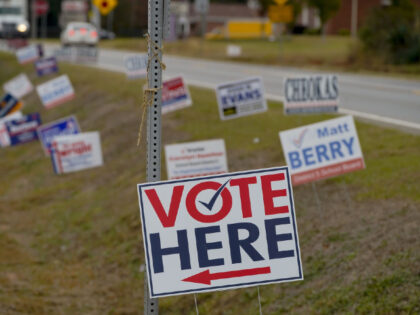
The acceleration of inflation in recent months and the very recent increase in gas prices appear to have pushed up consumer expectations of inflation for the near term and the longer run. U.S. consumers expect prices to rise 5.1 percent

Consumer sentiment improved a lot in August but the progress has now stalled.
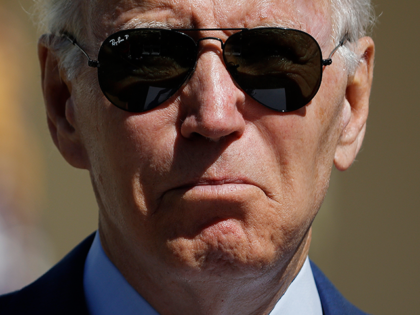
The highest level of uncertainty about price levels since 1982.

Year ahead inflation expectations came down but longer term expectations ticked up.
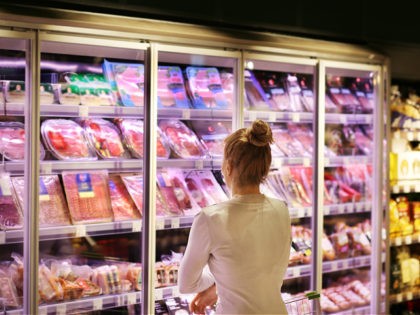
The high cost of living and deteriorating purchasing power continue to be a big drag on consumers.

Everything is so expensive no one can afford to buy anything anymore.
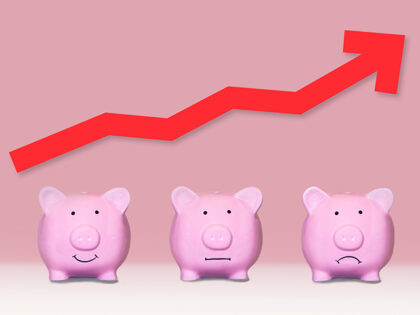
The New York Fed’s consumer survey shows that more than half of Americans feel they are financially worse off than they were a year ago.
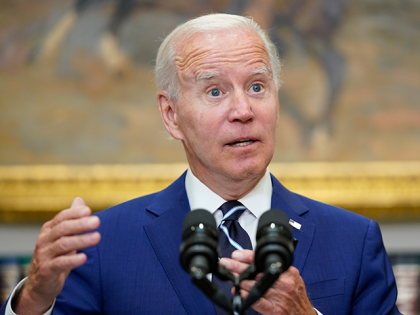
We set a grim record low for consumer sentiment in mid-June. Now it is even grimmer.

Consumer sentiment fell to its worst level ever recorded, as did perceptions of buying conditions. Expectations for inflation exploded higher.
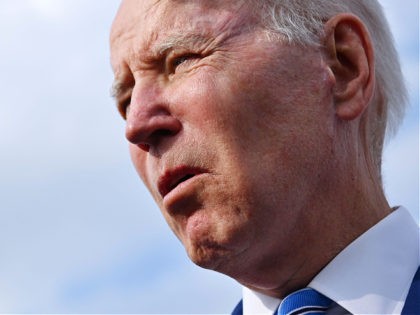
Inflation has pulled down both the assessment of current conditions and expectations for what is still to come.
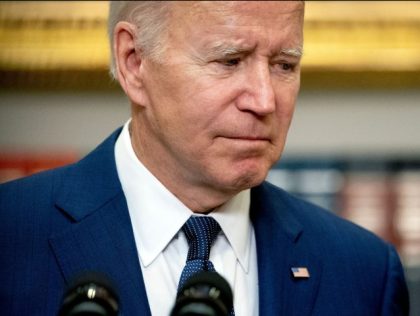
The government said on Thursday that the economy shrunk more in the first quarter than it initially estimated.
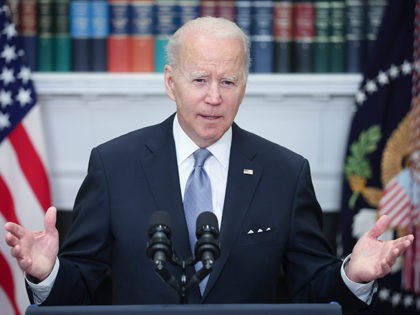
We now have two separate surveys that show economic confidence plummeting in the month of May.

The steeper than expected decline in consumer sentiment was caused by a drop in assessments of current conditions and an even sharper decline in hope for the future.
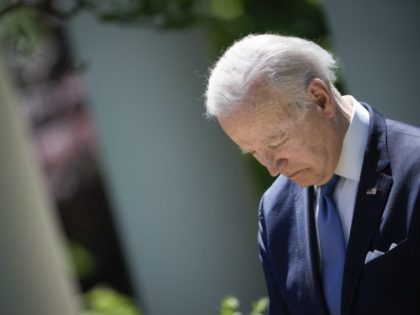
A decline in gasoline prices helped boost expectations.
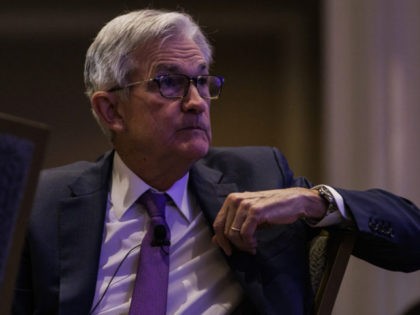
How much more of this can we possibly take?
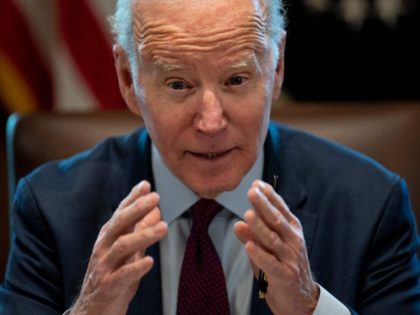
Thirty-two percent of consumers expect their overall financial position to worsen in the year ahead, the highest ever recorded in the history of the surveys started in the mid-1940s.
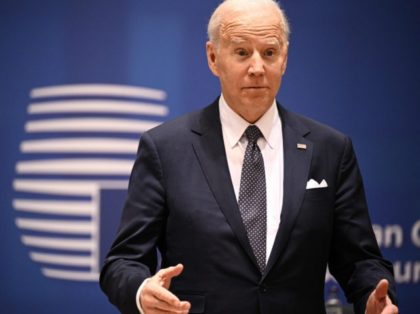
However much you disapprove of the job Biden is doing on inflation, he disapproves of the job you are doing with inflation even more.
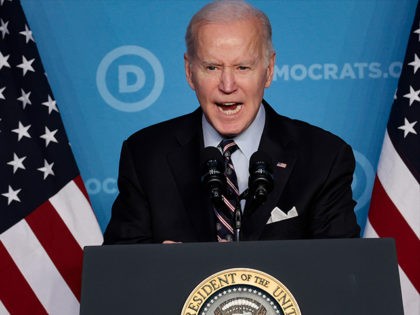
The readings of current conditions and expectations among Democrats are the lowest of Joe Biden’s presidency.
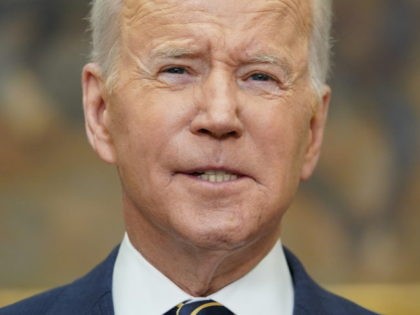
Consumers’ views of their present situation fell sharply, near-term expectations fell by even more, and the expectation for the long-term prospects for the economy are at a decade low.
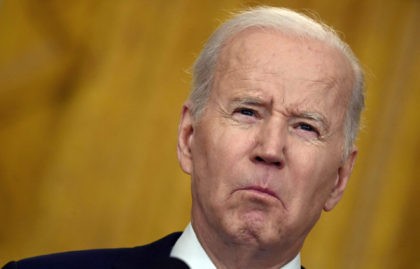
Twenty-six percent of consumers expect their financial prospects to worsen, the highest level of negative sentiment in four decades.
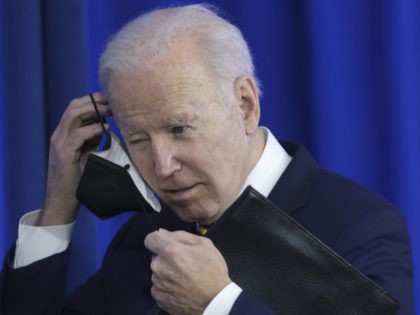
Consumer sentiment sank in January to the lowest level since 2011.

Nearly half of Americans think inflation will devour all their income gains this year. Less than one-fifth expect real income gains over the next year.
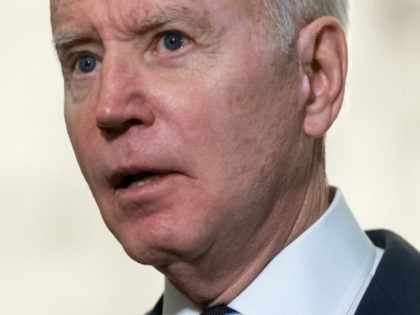
Time is running short to contain inflation without a painful recession.
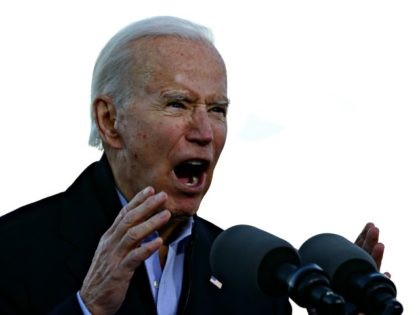
Consumer sentiment fell in early November to its lowest level in a decade due to rising inflation and the growing belief that the Biden administration has no effective policies to halt rising prices.

One in five people surveyed spontaneously mentioned declining living standards due to inflation.
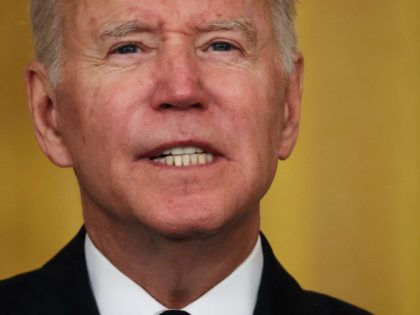
The public’s confidence in Biden’s economic policies has collapsed, the most recent consumer sentiment survey shows.
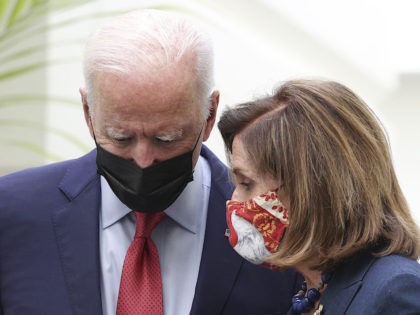
Inflation is becoming a drag on growth as consumers are balking at high prices on big-ticket items such as homes, vehicles, and durable goods.
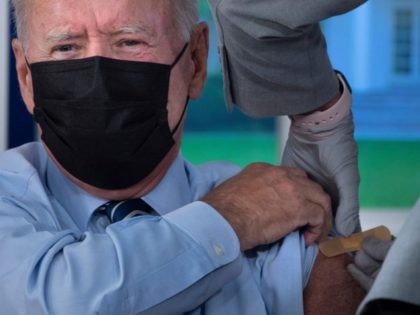
Views of current conditions grew dimmer and inflation expectations worsened.
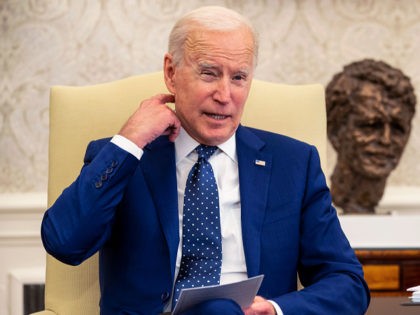
Consumer sentiment collapsed due to the surging Delta variant, higher inflation, slower wage growth, and smaller declines in unemployment.
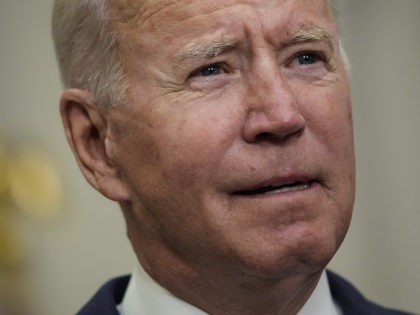
The confidence of Americans in the economy suffered an unexpected severe collapse in the first weeks of August. The University of Michigan’s Consumer Sentiment index fell to 70.2 from the end of July score of 81.2, the lowest score since

“While most consumers still expect inflation to be transitory, there is growing evidence that an inflation storm is likely to develop on the not too distant horizon,” said Richard Curtin, the chief economist of the University of Michigan’s consumer sentiment survey.

“Rather than job creation, halting and reversing an accelerating inflation rate has now become a top concern,” Richard Curtin, the survey’s chief economist, said.
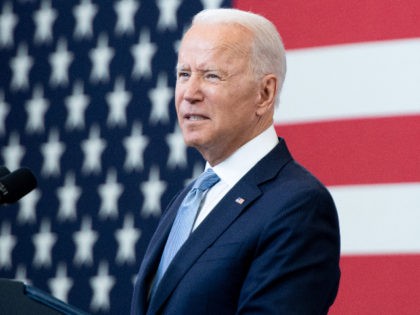
Mentions of higher prices for appliances, cars, and houses are reaching historically extreme levels.

U.S. consumers expect much higher prices over the next year and they expect elevated inflationary pressure to persist for years, data released Friday showed. The University of Michigan’s survey of consumers in May indicated that consumers expect a 4.6 percent
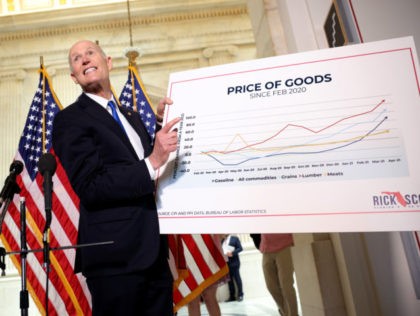
A jump in consumer expectations for higher inflation dragged down consumer sentiment in the first weeks of May.
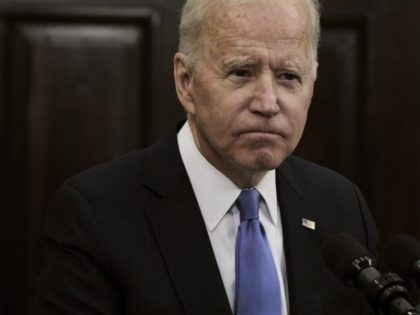
The University of Michigan’s final sentiment index for April rose to 88.3 from the midmonth reading of 86.5, data released Friday showed. This was up from 84.9 in March.

The index for consumer sentiment dipped to 76.8 from 79 in January.
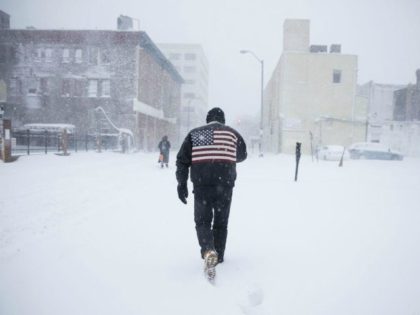
The University of Michigan’s index of consumer sentiment unexpectedly fell in February, dragged down by a crash in expectations for the economy.
